Description
Poetry. Native American Studies. Edited by Scott Ezell. With poems by Scott Ezell, Yusef Komunyakaa, and Mike O’Connor. With an essay by Thomas Merton and paintings by Jeff Hengst. In 1911, Ishi emerged from an isolated hunting and gathering lifestyle in the foothills of northern California. Called the “last wild American Indian,” he was taken to San Francisco, where he lived until his death in 1916. SONGS FROM A YAHI BOW, the first published book of poems on Ishi, consists of work by three poets, written across four decades, and coincides with the 100th anniversary of Ishi’s emergence from the wilderness. This collection includes an introduction to recent discoveries about Ishi, as well as Thomas Merton’s 1968 essay “Ishi: A Meditation.”
Scott Ezell’s book-length poem Petroglyph Americana was published by Empty Bowl Press in 2010. Yusef Komunyakaa won the Pulitzer Prize for Poetry in 1994 for Neon Vernacular. Thomas Merton wrote more than seventy books on spirituality, social justice, and pacifism. He was a Trappist monk, and pioneered dialogue with prominent Asian spiritual figures, including the Dalai Lama, D.T. Suzuki, and Thich Nhat Hanh. Mike O’Connor is a poet, writer, and translator of Chinese. He has published eight books, including Immortality and Unnecessary Talking: The Montesano Stories (both from Pleasure Boat Studio). He has received an NEA Literature Fellowship and an Artist Trust Fellowship.
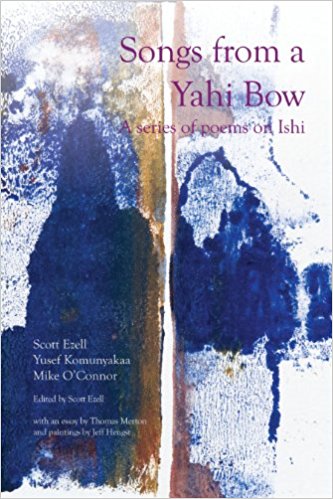
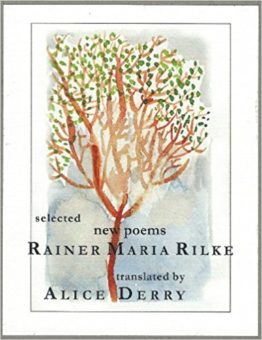
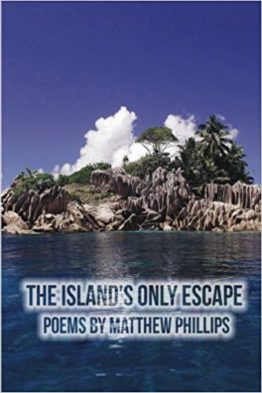
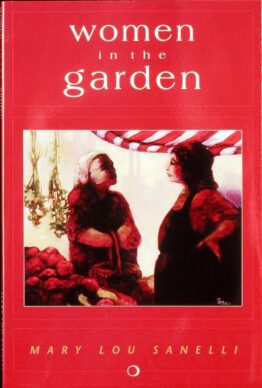

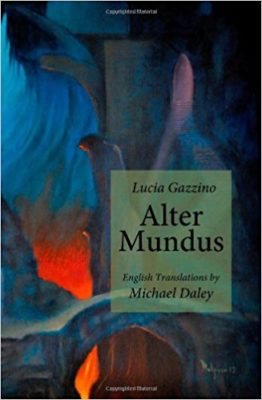
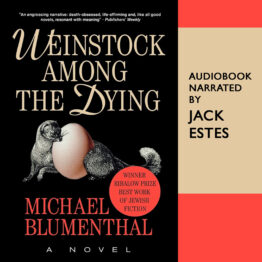
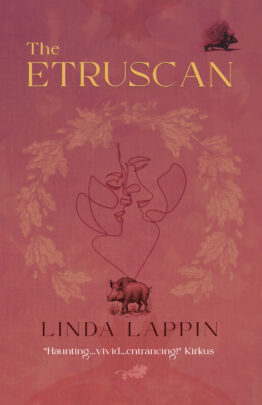
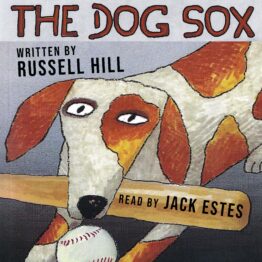
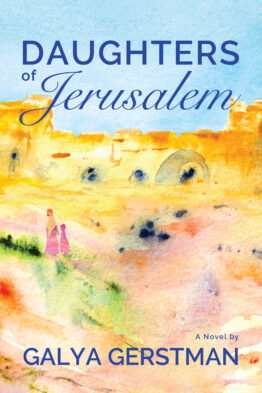
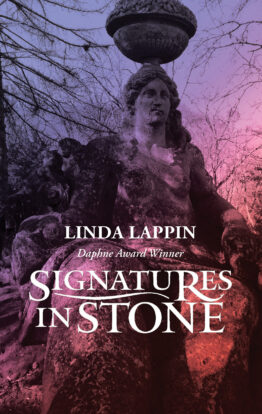
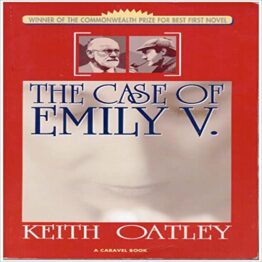
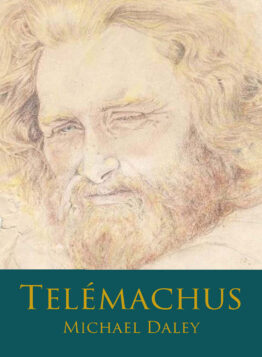
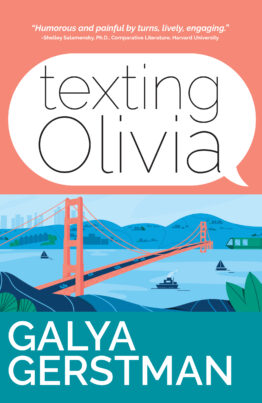

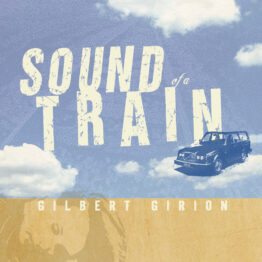
Hookah Jones –
The poet Meena Alexander has said “Poetry is the music of survival.” These poems imbue the character and story of Ishi with resonance and music, and help his example of dignity in the face of loss survive and remain accessible for contemporary readers. Ishi is illuminated by the poetic language and imagination of the authors, and the collection is expanded by two essays that provide cultural context for his place in American history and society.
Ishi, a Yahi Indian of California, was the last known Native American in the contiguous United States to live an indigenous hunting and gathering lifestyle. Songs from a Yahi Bow is a collection of poems that approaches, from Ishi’s perspective and example, questions of identity, place, and wholeness amid fragmentation.
One hundred years ago, Ishi faced extreme fragmentation and loss, and appears to have been able to affirm his own being, and the world as his home, despite having “bleakly to confront, in total isolation, the destruction of everything that makes life worth living.” (Karl Kroeber)
I am the editor and co-author of this book. I wrote my poem-cycle “Ishi” in 2005 after returning to California from a dozen years’ residence in Asia. At the time, I was living in two worlds myself, not quite home in either, and trying not to feel lost in the rift between. “Ishi” was my way of exploring Ishi’s apparent wholeness within conditions of extreme polarization, and of trying to extrapolate his experience to a personal and contemporary context:
I pick up and carry a river on my back,
a cloak of home
to drape across
the shoulders of the world,
enfolding streams and stones.
Songs from a Yahi Bow collects writing spanning more than 40 years, including “Quatrains for Ishi,” by Pulitzer Prize winner Yusef Komunyakaa. Thomas Merton’s 1968 essay “Ishi: A Meditation” approaches Ishi in terms of genocide and the American war in Vietnam. Mike O’Connor found identification with Ishi while living as a forestry worker and dairy farmer on Washington’s Olympic Peninsula, and wrote “Song of Ishi” in the early 1970s. This authorial texture is augmented by Ishi’s own “English lexicon” (rendered into a found poem), and by Saxton Pope’s description of Ishi playing songs on his own Yahi bow.
To me, Ishi is a fine and resonant example of how to be human. The poems of this book may be seen as word-bridges built by their authors to Ishi as they conceive of him. As a collection, perhaps they form a lattice of our best thoughts and hopes for humanity, and for ourselves, and may lend us support as we navigate the infinite bifurcations of the world.
I am a butcher’s apron
laid between two mountains,
a blue river flows
from my stains and folds.
Scott Ezell
April 3, 2011
Hanoi
Douglas E. Newton –
It is altogether too rare that a book of poetry can assume such an important role in how we come to understand ourselves. The big questions are often appropriately left to other disciplines. Imagining Ishi from different perspectives, however, is a task where the tools particular to poetry serve us well. On the 100th anniversary of Ishi’s arrival into Civilization, the works included do a fine job exploring questions that arise from crashing the stone age into modernity.
I recommend this to anyone who wants to inquire diligently into who we are, who we used to be, how we got here and what home means.
Big Henning –
A read as wild and as unexpected, perhaps, as the man himself, I loved this book.
Michael Morical –
Ishi transcended the abject tragedy of seeing his people destroyed. His is a triumph of humanity. Ezell, Komunyakaa, O’Conner and Merton speak to each other through their work. And, from the confluence of lyricism over canyons of time and space, emerge the humility, compassion and humor of Ishi. Anyone who aspires to the spiritual life can learn a lot from these pages.